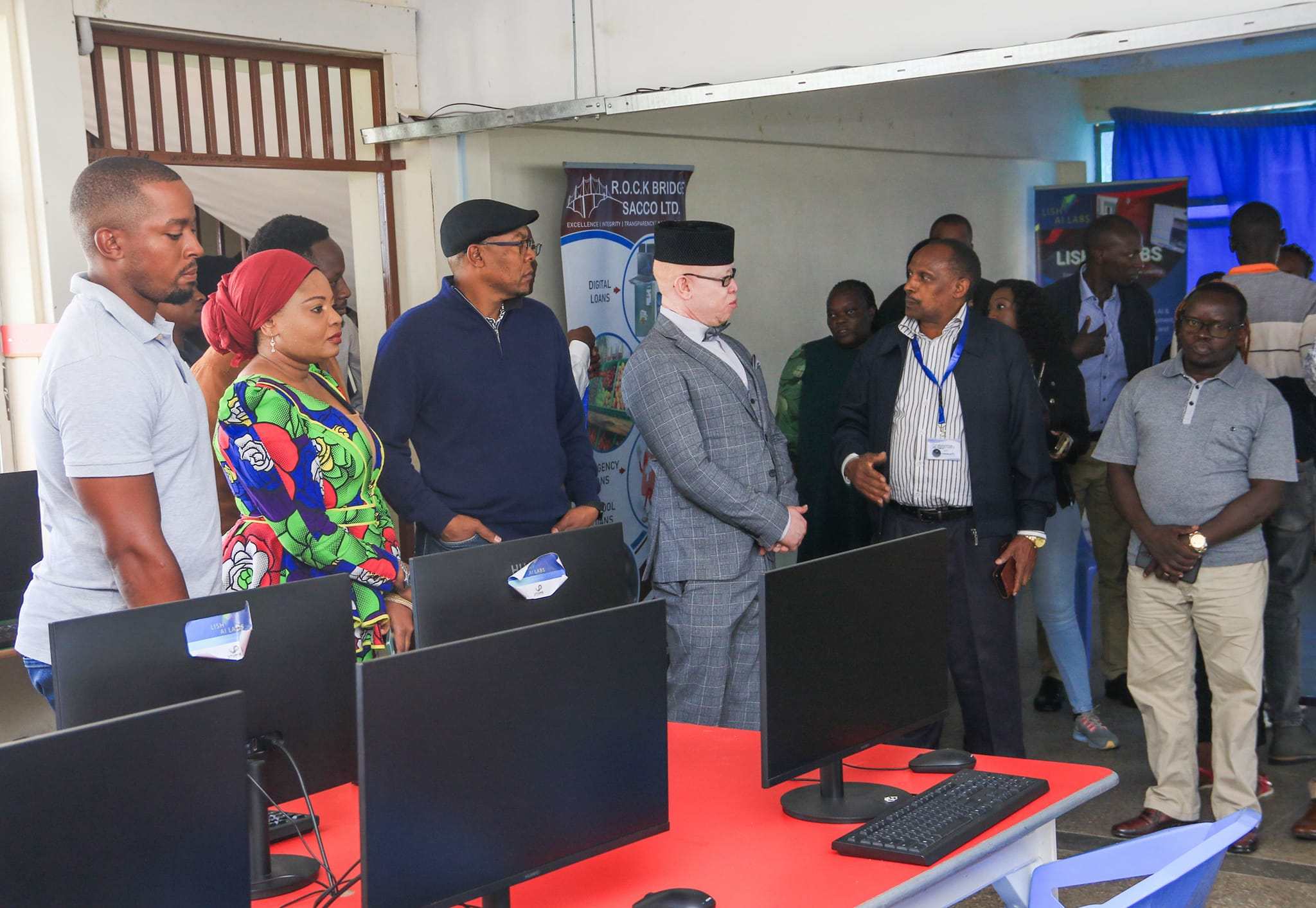
The Kenya Kwanza government has domesticated the Kenya National ICT policy, recognizing trends in big data, machine learning, and artificial intelligence as emerging technologies that Kenya should focus on. The Kenya National Digital Master Plan (2022-2032) calls for the development of a national AI strategic plan as a high-level framework for identifying scientific and technological needs in AI.
A draft bill is in Parliament to establish a legal basis for institutionalizing AI and create the Kenya Robotics and Artificial Intelligence Society, which will regulate IoT, robotics, and AI, enforce compliance, and advise the government on AI trends.
Independent research shows that AI could contribute up to $15.7 trillion to the global economy by 2030, with Africa potentially generating $1.3 trillion, increasing the continent's GDP by 5.6% by 2030.
Kenya is leading the path to reap the benefits of embracing AI and machine learning as key contributors to economic growth.
This morning, the government spokesperson Dr. Isaac Mwaura, his deputies Mwanaisha Chidzuga and Gabriel Muthuma, along with other staff and government officials, led a media tour of Lish AI Labs in Nakuru County. Lish AI Labs offers AI and machine learning training programs and pairs graduates with employment opportunities in the field. They provide a comprehensive range of services aimed at driving innovation, fostering talent, and creating positive socioeconomic impact. Lish AI Labs collaborates with major corporations such as Amazon and Microsoft to provide jobs for young people who have gained digital skills, aligning with the Kenya Kwanza administration's focus on the Digital Super Highway as a driver for transformation, job creation, and growth.
The government is intentionally making massive investments in ICT infrastructure, including the 100,000 fibee optic cable, improving broadband connectivity and other investments, to set base for investments in AI, IoT and robotics. As the world moves, Kenya is not left behind.
